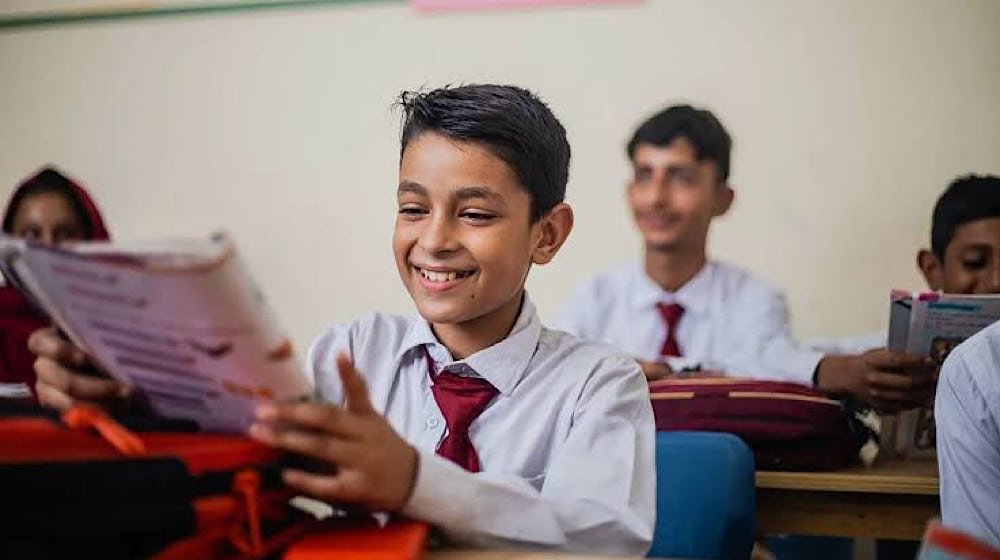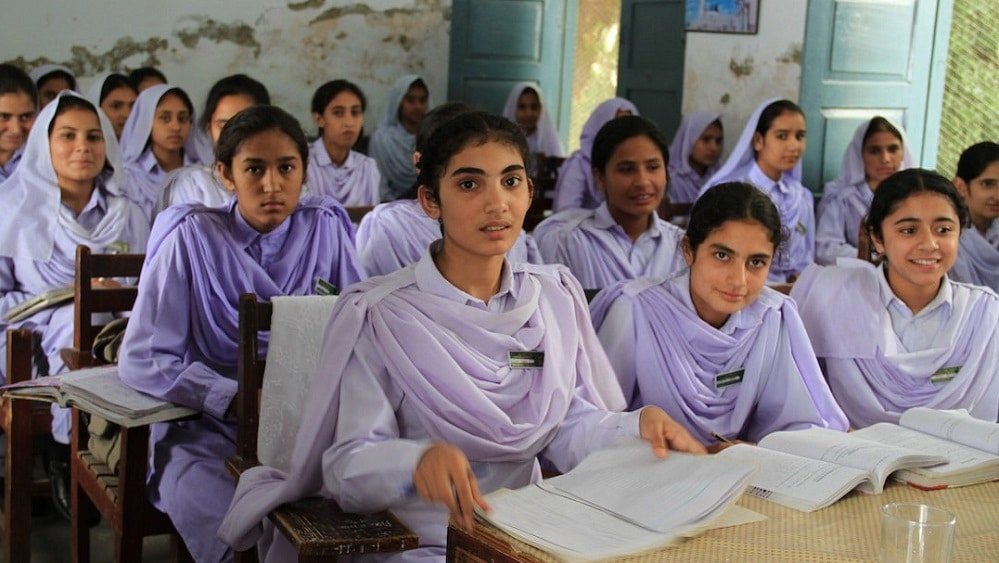In a significant move, authorities in Pakistan have enforced a strict ban on political and religious discussions within educational institutions, including colleges, universities, and government offices. This decision, aimed at maintaining a neutral and focused educational environment, has sparked considerable controversy and backlash from various groups.
Enforcement and Actions
With approval from the Rawalpindi commissioner, the District Education Authority (DEA) in Attock has already taken action by suspending two female teachers for participating in political discussions. Deputy District Education Officer (DDEO) Musarrat Sultana, who is expected to submit a detailed report, is conducting an inquiry into the matter. The government has dispatched official notifications to government schools, department heads, and the health department, warning that it will take strict action against violators of the directive.
Compliance and Opposition
The Rawalpindi district commissioner has emphasized the need for immediate compliance and effective enforcement of the ban. Despite the official stance, the decision has faced significant opposition from groups such as the All Pakistan Clerks Association and various teacher organizations, who have openly rejected the restrictions. These groups argue that the ban infringes on fundamental rights and stifles free speech within educational settings.
Read Also: Punjab Launches App to Monitor Teacher Attendance
Broader Context
The District Education Administration (DEA) Rawalpindi has reinforced its directive, instructing school heads to ensure strict adherence to the ban. This move follows a broader trend in Pakistan’s history, where authorities often ban political discourse to suppress dissent. Critics argue that such measures are counterproductive and hinder the development of critical thinking and open dialogue among students.
Conclusion
In conclusion, the ban on political and religious debates in educational institutions has ignited a heated debate in Pakistan. Authorities argue the ban is necessary for a neutral educational environment, but opponents believe it infringes on fundamental rights. The outcome of this controversy remains uncertain as various groups actively voice their opposition and demand the ban’s removal.



